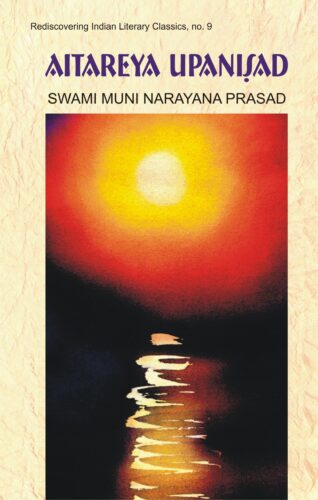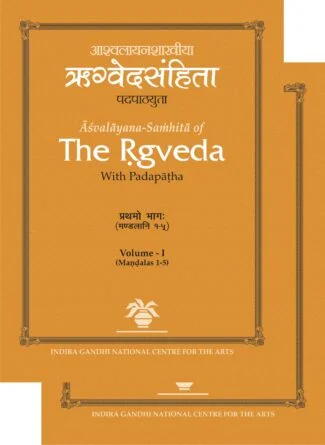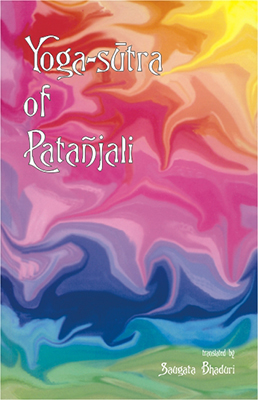

Darshan Mala...
Darshan Mala
by: Shri Narayanaguru VircitaDarsanamala written in Sanskrit is one of the major works of Narayana Guru. Consisting of 100 verses divided into 10 chapters of 10 verses each, each chapter gives a different vision, complete in itself. The author here adopts the system of looking at non-dual, Ultimate Reality or Brahman from ten different points and a real seeker can intuitively perceive the non-dual Brahman within himself, he being inalienable from it.
Original price was: ₹200.00.₹180.00Current price is: ₹180.00.
ISBN: 9788124601099
Year Of Publication: 1998
Edition: 1st
Pages : 112
Language : Sanskrit
Binding : Paperback
Publisher: D.K. Printworld Pvt. Ltd.
Size: 22 cm.
Weight: 150 gm.
Darsanamala written in Sanskrit is one of the major works of Narayana Guru. Consisting of 100 verses divided into 10 chapters of 10 verses each, each chapter gives a different vision, complete in itself. The author here adopts the system of looking at non-dual, Ultimate Reality or Brahman from ten different points and a real seeker can intuitively perceive the non-dual Brahman within himself, he being inalienable from it.









